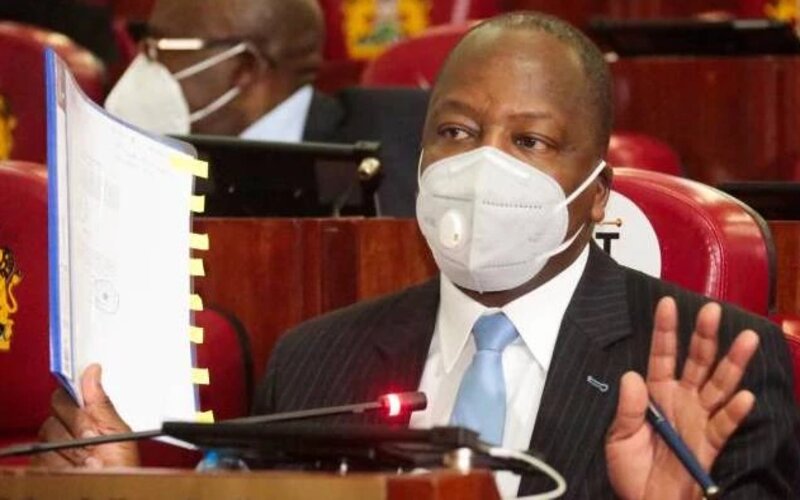×
The Standard e-Paper
Stay Informed, Even Offline

Health Cabinet Secretary Mutahi Kagwe says the US is welcome to probe KEMSA. [File, Standard]
Health Cabinet Secretary Mutahi Kagwe says the ARVs distribution standoff between the US Government, via USAID, and the Kenyan Government did not lead to the overhaul of Kembi Gitura-led Board at KEMSA.